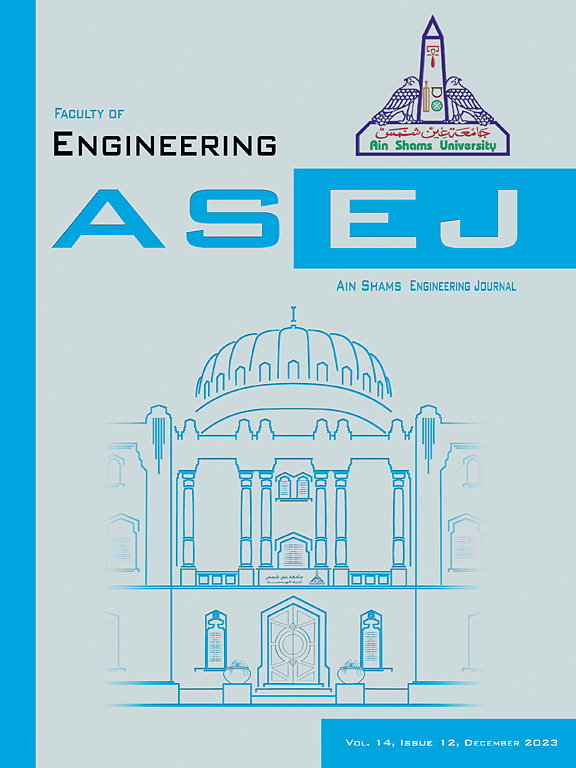A cooperative jamming mode adjustment method based on Multi-Agent reinforcement learning
IF 5.9
2区 工程技术
Q1 ENGINEERING, MULTIDISCIPLINARY
引用次数: 0
Abstract
With the advancement of multifunctional netted radar systems (NRS), traditional jamming decision-making strategies struggle to adapt to the nonlinear challenges of dynamic electromagnetic countermeasures environments, particularly against multifunctional NRS. To address this, we propose a Multi-agent Joint Collaborative Jamming Adjustment Method (MJCJMA). Firstly, a non-cooperative adversarial scenario model is constructed, employing an improved snow melting algorithm (GPSAO-LSSVM) for radar threat pre-evaluation. And a threat quantification model is developed using enhanced entropy weighting (IEWM) and improved TOPSIS (ITOPSIS). Then, a multi-agent reinforcement learning algorithm is designed, integrating prioritized experience replay, entropy regularization, and reward centering to improve efficiency and stability. Furthermore, an alternating training strategy is proposed, which significantly accelerates the convergence process. Extensive simulation results validate the superiority of MJCJMA, which significantly reducing radar detection probability (96.25% vs. baseline, 47.51% vs. non-alternating training) and threat levels, thereby enabling intelligent jamming decisions in adversarial scenarios.
基于多智能体强化学习的协同干扰模式调整方法
随着多功能组网雷达系统(NRS)的发展,传统的干扰决策策略难以适应动态电磁对抗环境的非线性挑战,尤其是针对多功能组网雷达的干扰。为了解决这个问题,我们提出了一种多智能体联合协同干扰调节方法(MJCJMA)。首先,构建非合作对抗场景模型,采用改进的积雪融雪算法(GPSAO-LSSVM)进行雷达威胁预评估;利用增强熵权法(IEWM)和改进TOPSIS法(ITOPSIS)建立了威胁量化模型。然后,设计了一种多智能体强化学习算法,将优先经验重播、熵正则化和奖励定心相结合,提高了学习效率和稳定性。在此基础上,提出了交替训练策略,显著加快了收敛速度。大量的仿真结果验证了MJCJMA的优越性,它显著降低了雷达探测概率(与基线相比为96.25%,与非交替训练相比为47.51%)和威胁水平,从而实现了对抗场景下的智能干扰决策。
本文章由计算机程序翻译,如有差异,请以英文原文为准。
求助全文
约1分钟内获得全文
求助全文
来源期刊

Ain Shams Engineering Journal
Engineering-General Engineering
CiteScore
10.80
自引率
13.30%
发文量
441
审稿时长
49 weeks
期刊介绍:
in Shams Engineering Journal is an international journal devoted to publication of peer reviewed original high-quality research papers and review papers in both traditional topics and those of emerging science and technology. Areas of both theoretical and fundamental interest as well as those concerning industrial applications, emerging instrumental techniques and those which have some practical application to an aspect of human endeavor, such as the preservation of the environment, health, waste disposal are welcome. The overall focus is on original and rigorous scientific research results which have generic significance.
Ain Shams Engineering Journal focuses upon aspects of mechanical engineering, electrical engineering, civil engineering, chemical engineering, petroleum engineering, environmental engineering, architectural and urban planning engineering. Papers in which knowledge from other disciplines is integrated with engineering are especially welcome like nanotechnology, material sciences, and computational methods as well as applied basic sciences: engineering mathematics, physics and chemistry.
 求助内容:
求助内容: 应助结果提醒方式:
应助结果提醒方式:


